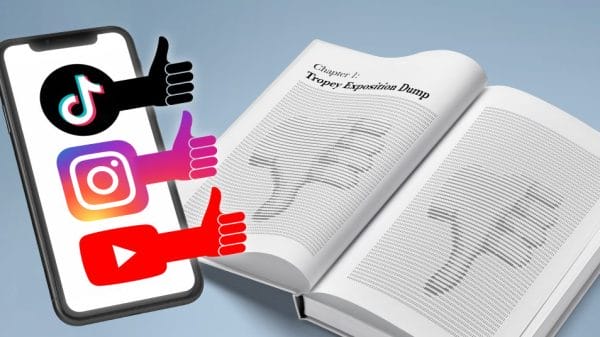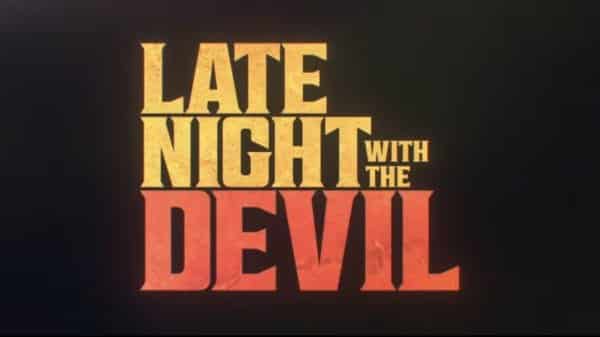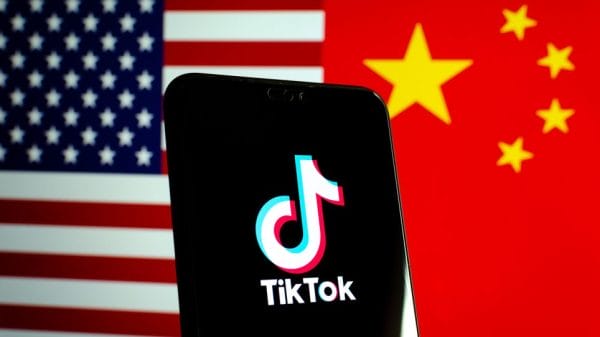With the rise of audiobooks, e-books, and book cataloging websites, what does this mean for the future of reading? And does it mean for a positive one?
Recently, we’ve seen an eruption in the popularity of audiobooks and social media platforms for books. These new platforms and mediums allow those who were previously uninterested to become engaged with reading. It has allowed more people than ever to read and interact with books.
Initially, this was viewed as a positive, healthy relationship between the advancements in technology and books. But what was shown to be beneficial at the start may slowly degrade into something less than promising.
The Influence
Throughout the last couple of years, the way people read and consume books has changed significantly, and it is all due to advancements in technology.
Nowadays most people cannot read without listening to an audiobook with an exceptional narrator. Or for convenience rather than buying a physical book, they download it onto their tablet or phone. And we can’t forget that most readers today do not start a book without logging into their Goodreads or Storygraph first.

These new ways of engaging with books and reading have issued new highs and lows for the future of publishing. It is hard to tell whether these developments are positive or negative.
However, it is valuable to understand just how impactful this influence is. And what this influence, at its worst and best forms, can do to readers and the industry as a whole.
Audiobooks

Although it is still a small alternative to physical books, as an industry, it has nearly doubled its revenue within the last 10 years. Showing that there is a demand and a rapidly growing one at that.
Many view audiobooks as a convenient way to read fast and consistently. Those who frequently listen to audiobooks often mention the speeds they listen to and how fast they can read due to it. Similar to listening to a podcast, it’s a way to zone out from the world or something to listen to while doing busy work.
This is not necessarily a bad thing. It can be a good thing, as it gets more people to hear about books and maybe even check out the physical version.
But it’s important to note that an audiobook is not all there is.
Because of the rise in audiobook listeners, there are the inevitable debates. One of the more prominent ones is: could this count as actually reading?
To many, it is reading. Audiobooks’ were created primarily to help those disabled experience reading and books. But these lines often get blurred when today’s audiobook listeners talk about how they listen to audiobooks at four times the speed while playing a video game. At that point, to some, it’s hard to call this reading. It becomes more of a bragging right rather than a hobby to enjoy.
There also are new critiques that evaluate books by the narrators of the audiobook version. A narrator will always make or break an audiobook, and it is often not the choice of the author to decide who narrates the book. So it becomes hard to see these as legitimate critiques.
E-Books
Like audiobooks, e-books provide a different way of consuming books. They are seen as a more convenient way of reading books as you could shop right in the comfort of your own home. It is also a cheaper way of reading. Multiple services like Amazon and Barnes & Noble provide monthly subscriptions to read thousands of free books.
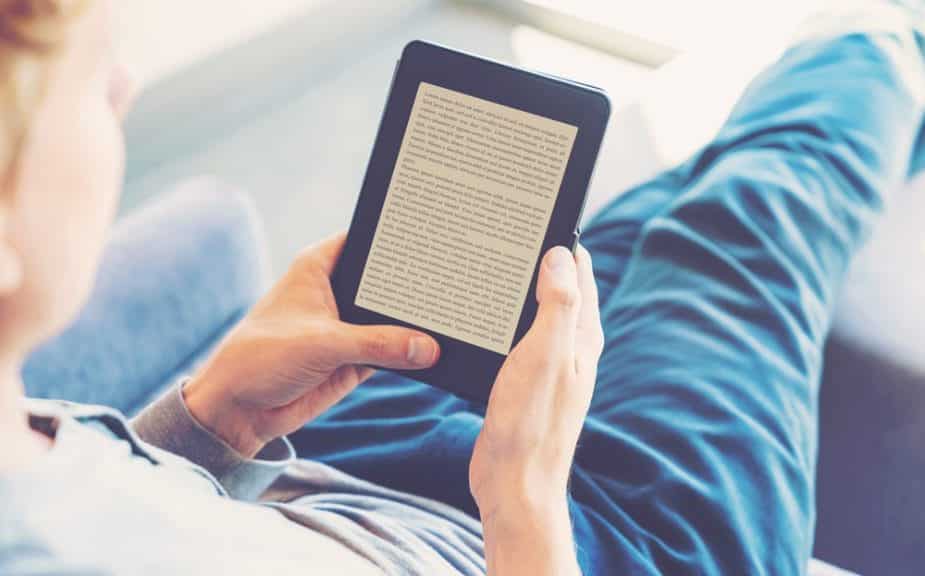
However, they come at a price.
Unable to keep up with the growing popularity of e-books, many public libraries have tried to lease them. But they are often more expensive than what they are worth.
Libraries, such as West Haven Library in Hartford, Connecticut, have spent more than $12,000 over the last three years to lease 276 additional digital titles. If this money had been spent on physical books, it would have served about 800 titles.
So, although e-books are more convenient and cheaper for the consumer, there are some major pitfalls to them as well for the future of libraries and independent bookstores.
Book Cataloging Sites
One of the most influential developments by far is book cataloging websites or websites like Goodreads.
Goodreads as a whole have affected the way people read on a metric scale. Many publishing companies are now taking notes on what people want to read from the app. It has also made tracking books to read, engaging with user reviews, and rating, simple and enjoyable.
However, the inevitable issues with something this user aggrandized come as no surprise.
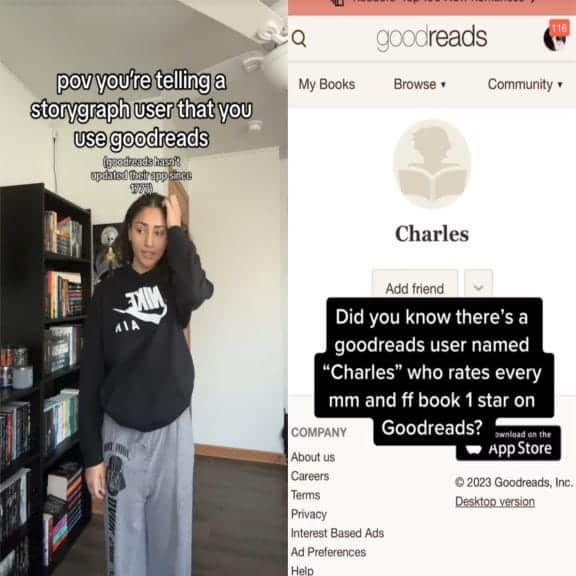
A phenomenon such as “review bombing” has taken center stage, with users purposefully lowering the scores of books by creating nameless accounts and rating them 1 star. The awareness of this heightened when soon-to-debut author Cait Corian participated in this act.
The situation only proved to highlight the exact issue with Goodreads. However, similar sites made recently, such as Storygraph, want to alleviate this problem. Unfortunately, Goodreads is such a large site that it would be difficult for anyone to topple that crown.
This isn’t the only issue, though; there also is the issue of overconsumption that Goodreads unconsciously promotes. There is the constant saying, “Add it to your TBR” which causes one to want to buy the book immediately no matter how many unread books you already have.
These issues make for a treacherous trek in an already troublesome landscape for readers and authors.
The Future of Reading and Books

With all the good that comes from these new forms of reading, there also has to be acknowledgment of the bad.
Publishers watch and listen to social media. When social media promotes these methods of reading and consuming books they follow, amplifying their marketing in those areas.
Audiobooks, E-books, and social book cataloging websites are likely here to stay. Now, it’s up to the public to be aware of these new changes and developments that will affect readers and authors in the future.







